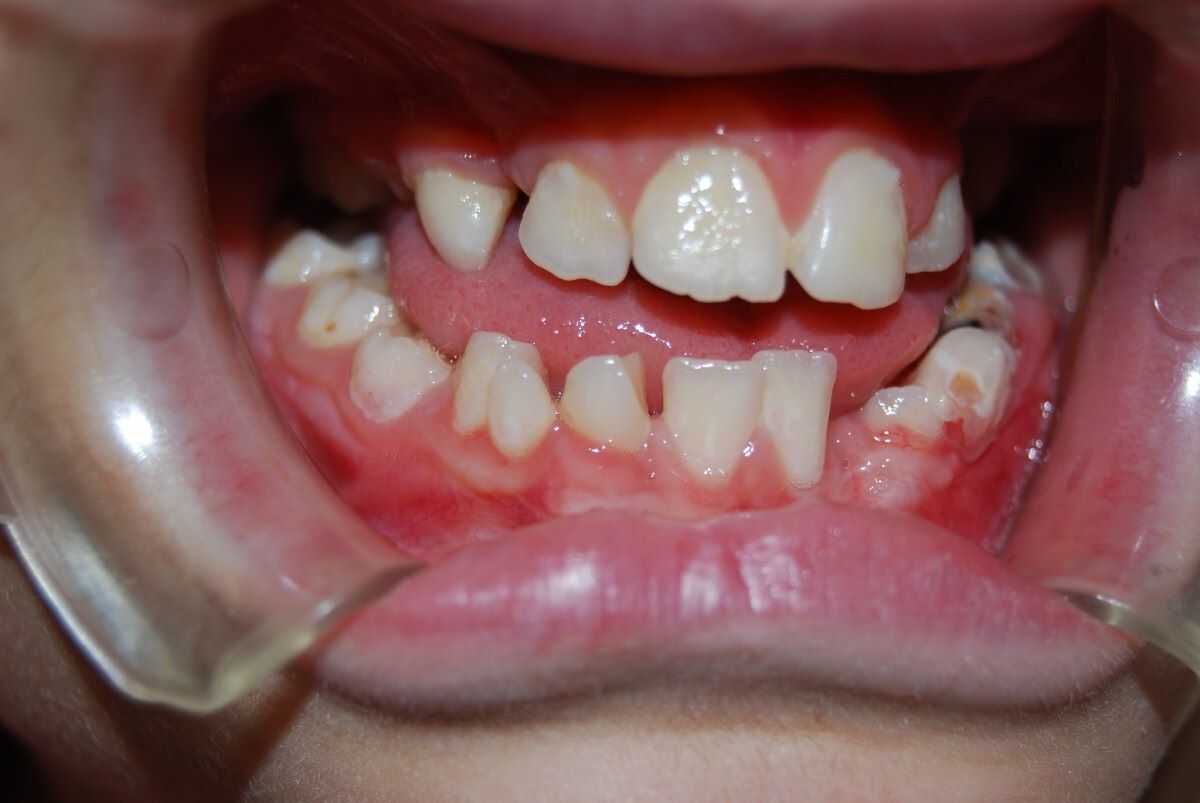
Dubowitz Syndrome is a rare genetic disorder that affects multiple parts of the body. Characterized by distinctive facial features, growth delays, and intellectual disabilities, it presents unique challenges for those diagnosed. Named after British pediatrician Victor Dubowitz, who first described it in 1965, this condition remains largely mysterious due to its rarity. Symptoms can vary widely, making diagnosis tricky. Common features include a small head, a high-pitched voice, and eczema. Despite its complexity, understanding Dubowitz Syndrome is crucial for providing proper care and support. This article will delve into 20 intriguing facts about Dubowitz Syndrome, shedding light on its characteristics, causes, and management.
What is Dubowitz Syndrome?
Dubowitz Syndrome is a rare genetic disorder characterized by growth delays, distinctive facial features, and intellectual disabilities. It was first described by Dr. Victor Dubowitz in 1965. This condition affects various parts of the body and can present differently in each individual.
Key Characteristics of Dubowitz Syndrome
Understanding the main features of Dubowitz Syndrome helps in identifying and managing the condition effectively. Here are some key characteristics:
-
Growth Delays: Children with Dubowitz Syndrome often experience slow growth before and after birth, leading to shorter stature and smaller head size.
-
Distinctive Facial Features: Common facial characteristics include a small, triangular face, wide-set eyes, a broad nasal bridge, and a high forehead.
-
Intellectual Disabilities: Many individuals with Dubowitz Syndrome have mild to moderate intellectual disabilities, affecting their learning and development.
-
Skin Issues: Eczema and other skin conditions are frequently observed in those with Dubowitz Syndrome.
-
Behavioral Problems: Hyperactivity, attention deficits, and social difficulties are common behavioral issues associated with this syndrome.
Genetic Aspects of Dubowitz Syndrome
The genetic basis of Dubowitz Syndrome is not fully understood, but research has provided some insights into its origins.
-
Inheritance Pattern: Dubowitz Syndrome is believed to follow an autosomal recessive inheritance pattern, meaning both parents must carry a copy of the mutated gene.
-
Chromosomal Abnormalities: Some cases have been linked to abnormalities in chromosome 13, although this is not consistent across all individuals.
-
Gene Mutations: Specific gene mutations responsible for Dubowitz Syndrome have not been conclusively identified, making genetic testing challenging.
Health Complications Associated with Dubowitz Syndrome
Individuals with Dubowitz Syndrome may face various health complications that require medical attention and management.
-
Immune System Issues: A weakened immune system can make individuals more susceptible to infections and illnesses.
-
Feeding Difficulties: Infants and children may have trouble feeding, leading to nutritional deficiencies and further growth delays.
-
Vision Problems: Strabismus (crossed eyes) and other vision issues are common in those with Dubowitz Syndrome.
-
Hearing Loss: Some individuals may experience partial or complete hearing loss, necessitating the use of hearing aids or other interventions.
-
Heart Defects: Congenital heart defects, such as atrial septal defects, can occur and may require surgical correction.
Diagnosis and Treatment of Dubowitz Syndrome
Early diagnosis and appropriate treatment can improve the quality of life for individuals with Dubowitz Syndrome.
-
Clinical Evaluation: Diagnosis is primarily based on clinical evaluation of physical characteristics and developmental history.
-
Genetic Testing: While genetic testing can be helpful, the lack of a specific gene marker makes it less definitive for Dubowitz Syndrome.
-
Multidisciplinary Approach: Treatment often involves a team of specialists, including pediatricians, geneticists, dermatologists, and developmental therapists.
-
Educational Support: Special education programs and individualized learning plans can help address intellectual and behavioral challenges.
-
Therapies: Physical, occupational, and speech therapies are crucial in managing developmental delays and improving daily functioning.
Living with Dubowitz Syndrome
Living with Dubowitz Syndrome presents unique challenges, but with proper support, individuals can lead fulfilling lives.
-
Family Support: Families play a critical role in providing emotional and practical support, helping individuals navigate daily challenges.
-
Community Resources: Access to community resources, such as support groups and advocacy organizations, can provide valuable assistance and information.
The Importance of Awareness
Understanding Dubowitz Syndrome helps foster empathy and support for those affected. This rare genetic disorder, characterized by growth delays, distinctive facial features, and intellectual disabilities, impacts individuals and their families profoundly. Raising awareness can lead to better diagnosis, treatment, and support systems.
Knowledge empowers communities to advocate for research and resources. It also encourages inclusivity, ensuring those with Dubowitz Syndrome receive the care and respect they deserve. By spreading information, we can help reduce stigma and promote a more compassionate society.
Remember, every bit of awareness counts. Whether you're a medical professional, educator, or simply someone who cares, your efforts can make a difference. Let's continue to learn, share, and support each other in understanding and addressing Dubowitz Syndrome. Together, we can create a more informed and inclusive world.
Was this page helpful?
Our commitment to delivering trustworthy and engaging content is at the heart of what we do. Each fact on our site is contributed by real users like you, bringing a wealth of diverse insights and information. To ensure the highest standards of accuracy and reliability, our dedicated editors meticulously review each submission. This process guarantees that the facts we share are not only fascinating but also credible. Trust in our commitment to quality and authenticity as you explore and learn with us.


